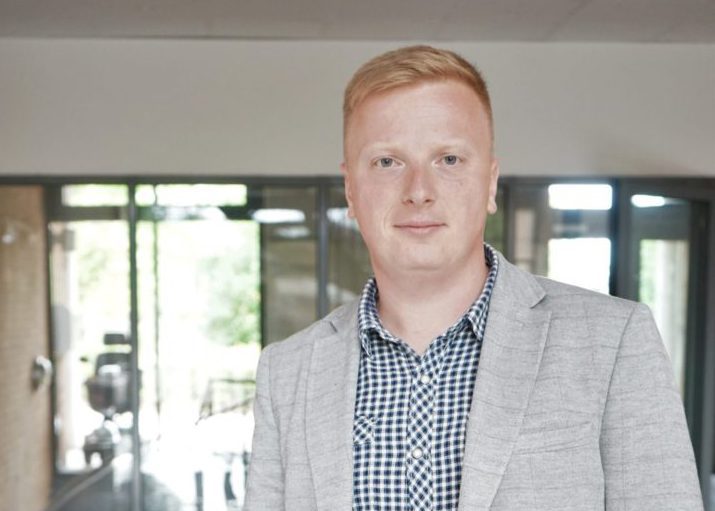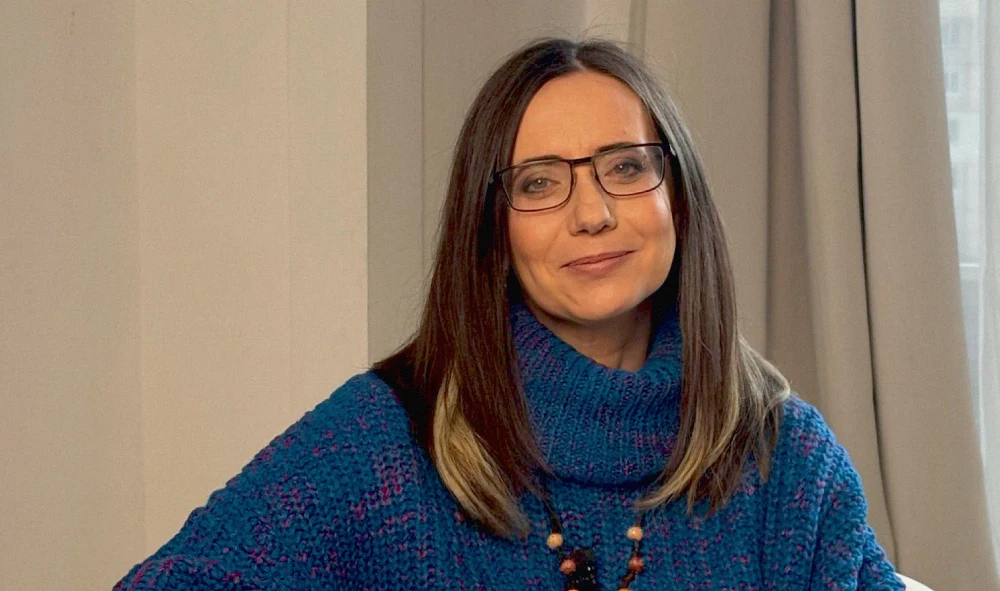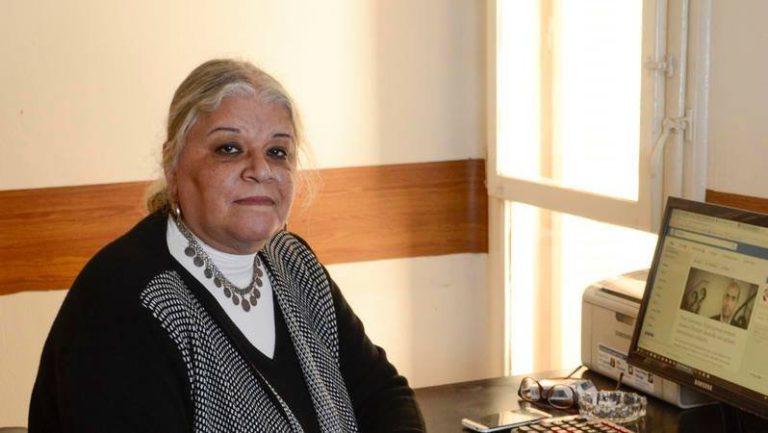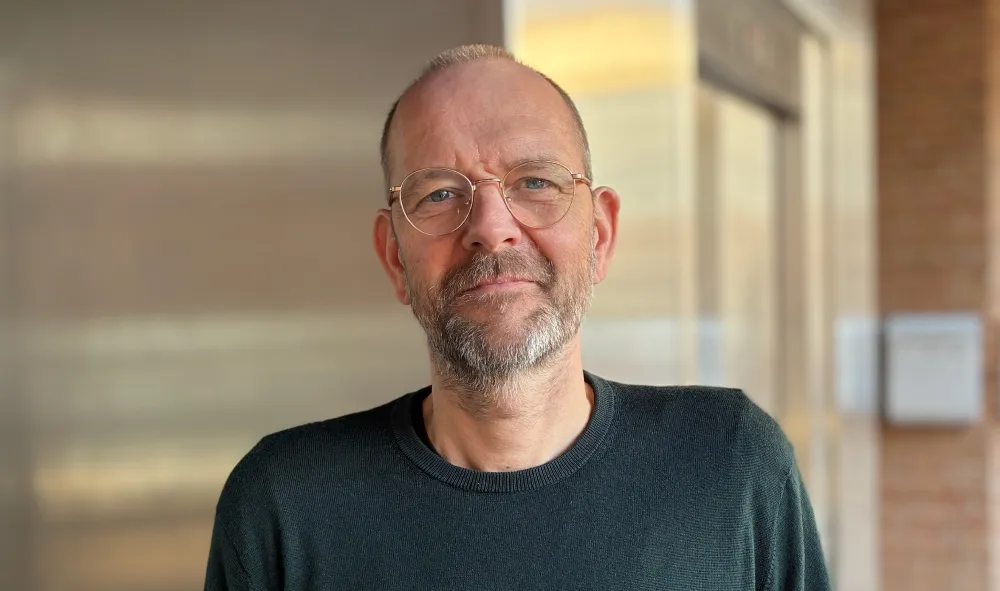Sometimes evidence collection in war zones fails to focus on the needs of the victims. This time it will be different
»One of our primary objectives is victim support«, says DIGNITY legal adviser Vadym Chovgan about the new DIGNITY-led project in Ukraine that Danish Foreign Minister Jeppe Kofod announced at a high-level event during the United Nations General Assembly session in New York in September. Denmark set aside one million US dollars (eight million Danish kroner) for the project.
Vadym Chovgan points out that a lot of evidence collection efforts in war zones have, until now, not focused much on the victims’ needs:
»Victims have in many cases primarily been seen as a source of information and not as persons who should be assisted after evidence has been collected«.
Those needs can be very basic things such as a blanket, food, or a roof over the head. But also psychological aid and assistance in a more long-term legal battle for compensation from the perpetrator.
»Our objective within the three-year project is to help at least 500 victims of international crimes, such as torture, other war crimes, and potentially also genocide, in Ukraine«, says Vadym Chovgan.
DIGNITY’s main partner will be the Kharkiv Human Rights Protection Group (KHPG) – a renowned Ukrainian human rights organisation. DIGNITY will conduct training of KHPG staff who will operationalise this in the field by offering support to victims and collecting information that may serve as evidence of international crimes that have taken place during the war.
Evidence must be accepted by the ICC
An important challenge will be to secure that the collected evidence can actually be used by the International Criminal Court (ICC) and other international instances that could eventually hold those guilty of war crimes accountable.
The Prosecutor of the ICC, together with the EU agency Eurojust, recently published a set of Guidelines for civil society organisations on how to document international crimes and human rights violations for accountability purposes. The 62-page document contains a list of dos and don’ts.
»The Prosecutor of the ICC has clearly stated that now more than ever, civil society organisations are critical partners in achieving accountability for international crimes. The ICC would definitely like the assistance of non-governmental organisations in the collection of evidence, but only when such information is collected according to the guidelines, it may become admissible in court«, says Vadym Chovgan.
NGOs shouldn’t interview too detailed
He points out that that the ICC and other international court instances have a tradition of only accepting interviews carried out by state authorities or ICC investigators as valid evidence. Consequently, the NGOs should not conduct thorough interviews with victims but only get a general account of events by the victims. The ICC has its own investigators who will undertake in-depth interviews in accordance with international crimes justice principles. Meanwhile, the ICC has relatively limited resources.
»We, together with our Ukrainian partners that are present on the ground, will be more in touch with the victims than the ICC. DIGNITY and our Belarusian partners have valuable experience with the collection of evidence of torture and other international crimes from its ongoing work in Belarus through the International Accountability Platform for Belarus. Like the IAPB, this project in Ukraine will take a victim-centred and trauma-informed approach both in its accountability efforts and beyond«, says Vadym Chovgan.





